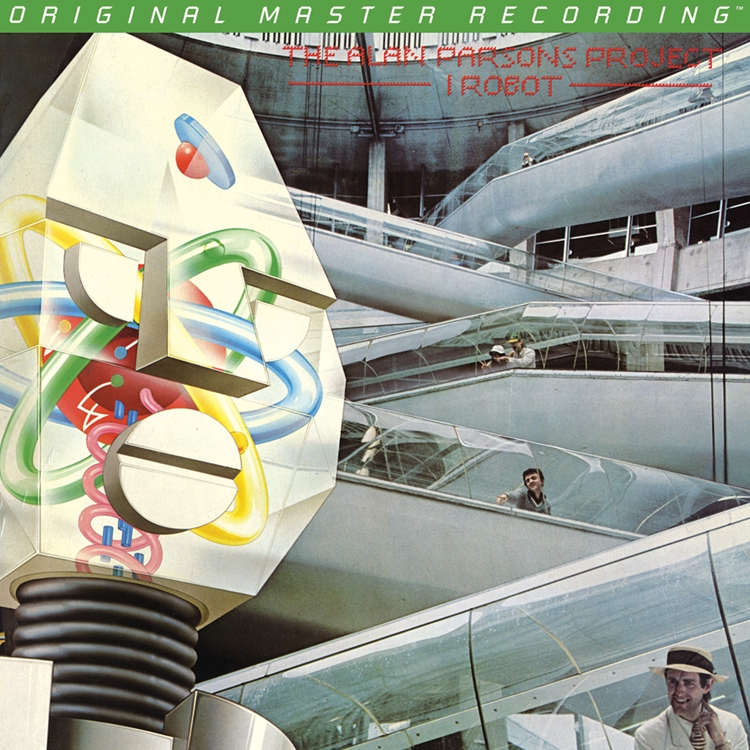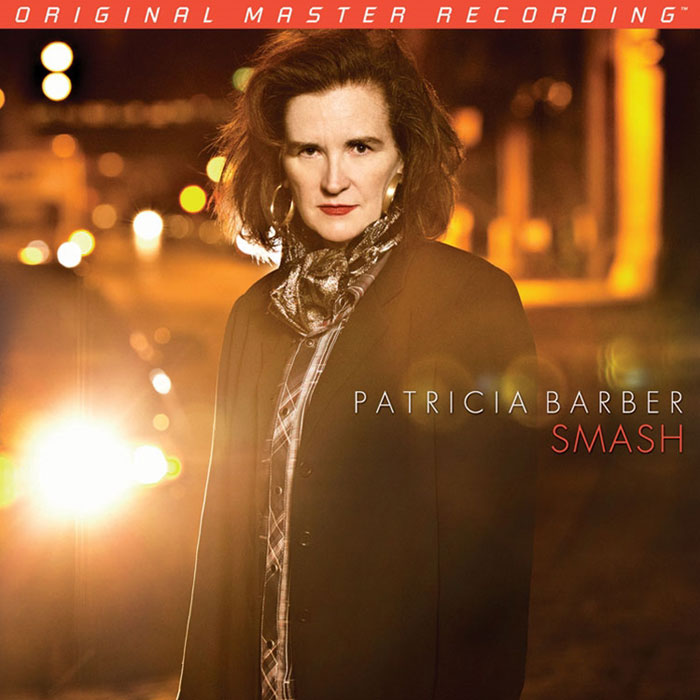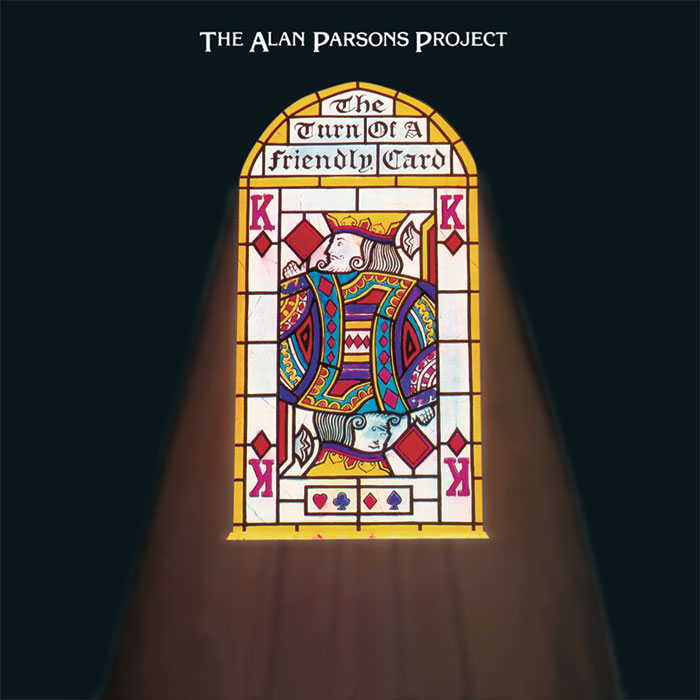Logowanie
Dziś nikt już tak genialnie nie jazzuje!
Bobby Hutcherson, Joe Sample
San Francisco
SHM-CD/SACD - NOWY FORMAT - DŻWIĘK TAK CZYSTY, JAK Z CZASU WIELKIEGO WYBUCHU!
Wayne Shorter, Freddie Hubbard, Herbie Hancock, Ron Carter, Elvin Jones
Speak no evil
UHQCD - dotknij Oryginału - MQA (Master Quality Authenticated)
Chesky! Niezmiennie perfekcyjny
Winylowy niezbędnik
ClearAudio
Double Matrix Professional - Sonic
najbardziej inteligentna i skuteczna pralka do płyt winylowych wszelkiego typu - całkowicie automatyczna
Alan Parsons Project
I Robot
tytułowy utwór stał się podkładem muzycznym pod fragment programu zrealizowanego przed laty na Półwyspie Helskim
Człowiek, który kryje się za nagraniem Ciemnej Strony Księżyca, który był alchemikiem nagrania i masteringu to... Alan Parsons. Jeśli chcą Państwo zapoznać się z jego najlepszym nagraniem, przewyższającym walory audiofilskie Dark Side of the Monn - proszę sięgnąć po tę płytę! Master "I Robot" został przygotowany przez Alana w Abbey Road Studios i do dziś uchodzi za szczyt marzeń inżynierów akustyków i realizatorów dźwięku. Całość materiału została przeniesiona z oryginalnego nagrania zapisanego na taśmie 1/4" i poddana obróbce w całkowicie lampowym torze zbudowanym przez Bernie Grundman Mastering. Audiophiles needn't any introduction to the Alan Parsons Project's I Robot. Engineered by Parsons after he performed the same duties on Pink Floyd's Dark Side of the Moon, the 1977 record reigns as a disc whose taut bass, crisp highs, clean production, and seemingly limitless dynamic range are matched only by the sensational prog-rock fare helmed by the keyboardist. Not surprisingly, it's been issued multiple times. Can it be improved? Relish Mobile Fidelity's stupendous-sounding 180g 45RPM 2LP set and the question becomes irrelevant. Mastered from the original master tapes and pressed at RTI, and afforded the luxurious groove space of a 45RPM LP, I Robot comes to life like never before on this numbered limited-edition reissue. Boasting immaculate highs and lows, generous spaciousness, and see-through transparency that takes you into the studio with Parsons and creative partner Eric Woolfson at Abbey Road, this super-clean edition has been lovingly restored by Mobile Fidelity engineers with the intention of demonstrating the full-range capabilities of the world's best stereo systems. Put simply, there's more music, more information, more detail, more nuance, more everything. Savor reference-grade soundstages, immersive smoothness, sought-after instrumental separation, three-dimensional imaging, and consummate tonal balances. Able to be played back at high volumes without compromise or fatigue, the analog masterwork is a demonstration record for the ages – the likes of which are no longer being made. Longtime fans can finally rest assured knowing they don't have to pony up hundreds of dollars for older pressings – including three prior Mobile Fidelity versions on LP and CD. This is the very reason you own and invest in high-end audio gear. Inspired by and loosely based around the Isaac Asimov stories of the same name, I Robot delves into themes of artificial intelligence and technological dominance that make the record increasingly relevant in the 21st century. Lyrically, songs such as "The Voice" call into question human behavior – and their relationship to increasing robotic supremacy – in everyday life. Sonically, Parsons reflects the associated paranoia, dichotomy, and transformation via shifting sci-fi arrangements steeped in drama and moodiness. I Robot's absorbing tunes also continue to fascinate due to their perfectionism and innovation. Borrowing from Pink Floyd's strategies, Parsons utilizes a looped sequence on the title track to create new downbeats. "Some Other Time" employs two different lead vocalists and yet gives the illusion only one is involved. Captivating strings, a piccolo trumpet, and bona fide pipe organ grace "Don't Let It Show." The origins of "Nucleus" stem from a unique analog keyboard concoction dubbed "the Projectron," devised by Parsons and electronic engineer Keith Johnson. Andrew Powell's orchestral and choral arrangements top it all off, with "Total Eclipse" arriving as an aptly frightening track that presages the climactic "Genesis Ch. 1 V. 32." Does man or machine win in the end? Decide with Parsons as you get lost in Mobile Fidelity's definitive pressing. Inna kompozycja Alan Parsons Project stałą się muzyczną osnową tego reportażu: Oba materiały do obejrzenia w jakości HD, po wybraniu tej opcji w okienku 'trybikowym' youtube (1080HD)






































